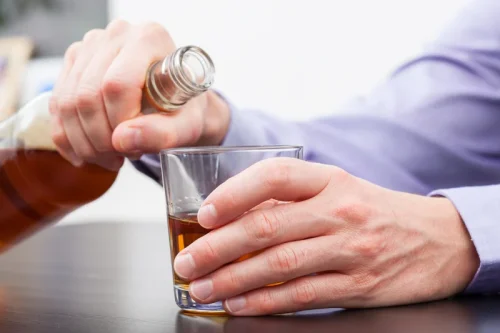
It has long been used to prevent alcohol cravings, improve immune function, and reduce stress. Bananas are rich in vitamin B6, which the body needs to produce and use serotonin. This neurotransmitter is key to reducing depression and anxiety—common reasons people use alcohol and also common issues that arise when quitting alcohol (4). Prescription medications can be a useful tool in treating alcohol cravings.
Steps
Some studies suggest that simply getting help — whether through medication, counseling, or both — is what matters for successful management of this addiction. Crystal Raypole has previously worked as a writer and editor for GoodTherapy. Her fields of interest include Asian languages and literature, Japanese translation, cooking, natural sciences, sex positivity, and mental health. In particular, she’s committed to helping decrease stigma around mental health issues. Within just a month of not drinking, your body can begin to reap the benefits. Your liver can start to heal, your risks of Alcoholics Anonymous heart disease and cancer go down, and you may begin to sleep better.
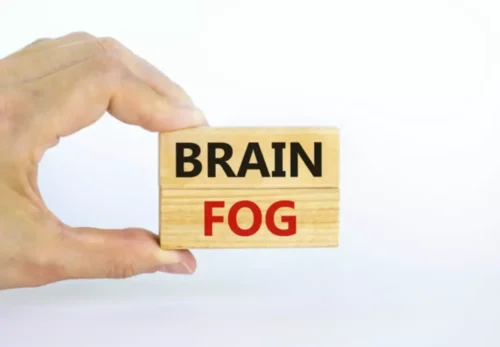
Recognize Your Triggers
When a craving hits, it might be difficult to focus on anything else until it passes. Cravings for alcohol are not a matter of weak willpower or https://ecosoberhouse.com/ lack of self-control. Instead, they stem from intricate biological processes occurring within the brain. Understanding these processes is crucial in addressing and managing alcohol cravings effectively. Most intense cravings only last a few minutes, so it is important to have a well-tried technique at hand to manage them. It’s important to understand that if you’re new to sobriety, or are still drinking small amounts of alcohol while trying to cut back, it’s likely that your cravings are down to withdrawal.
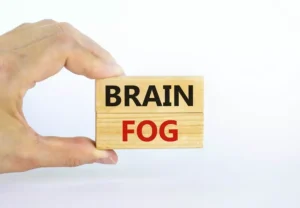
Health Conditions
- A brain chemical called dopamine, in particular, helps turn drinking into an unconscious habit which is uncomfortable to resist.
- These carbohydrates are broken down slowly in the body, providing sustained energy and reducing the chance of experiencing alcohol cravings.
- Consider how giving into an urge keeps it alive while not giving in to the urge slowly kills it.
- Finding a strong reason to quit alcohol serves as a cornerstone for successful recovery, offering motivation and focus throughout the process.
Dr. Umhau believes that The Sinclair Method (TSM) can be quite helpful for those with Alcohol Use Disorder, but helping the brain so that someone can take the medicine is key. But how does someone assist this vital organ so that they can access the benefits of TSM or medication? Dr. Umhau proposes, and substantiates through research, that the answer could be as simple as a trip down the vitamin aisle at a local pharmacy.
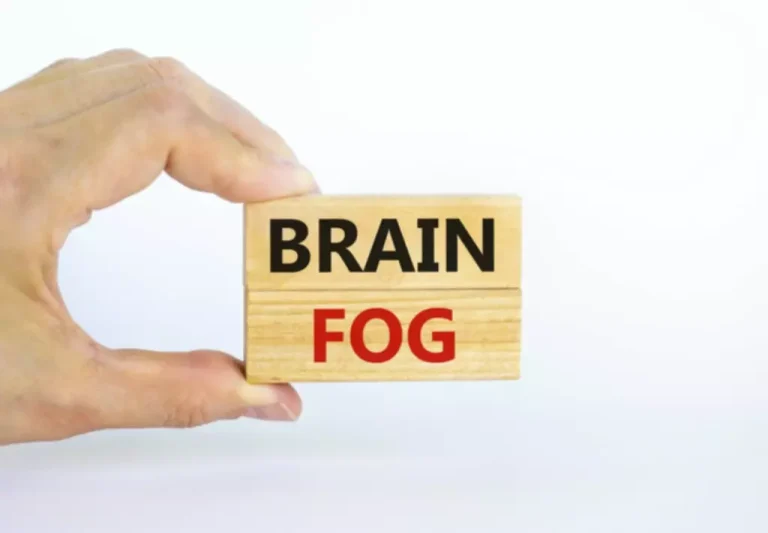
Instead of trying to resist the craving, take a moment to observe it with curiosity and without judgment. This allows us to detach from the urge and ultimately reduce its intensity. One of the revelatory treatments for Alcohol Use Disorder is The Sinclair Method (TSM), which uses targeted naltrexone an hour before drinking to block the euphoric effects of alcohol.
What Is Family Trauma Therapy?
- Crystal Raypole has previously worked as a writer and editor for GoodTherapy.
- Handling the urges to drink will determine your ability to shed alcohol cravings.
- When you experience an alcohol craving, it can be helpful to distract yourself until it passes.
- Noncompliance is the most common reason why someone is unsuccessful with TSM.
- Watch a movie in your mind, and remember that the first drink isn’t ever the last one.
- Both avoiding and distraction can work well, but if that’s all you do, they can leave you tired and fearful of urges.
This practice lets you become aware of bodily sensations and accept uncomfortable emotions. While you should always consult with a medical professional before using a new supplement, if you’re medically cleared, supplements and vitamins can help reduce alcohol cravings. Researchers recommend taking a complete multivitamin and mineral supplement when in recovery from alcohol misuse. Internal triggers, such as negative emotions, can also trigger alcohol cravings. Research has shown that anxiety, frustration, sadness, tension and irritability can trigger a person to drink.
Certain nutrients are essential for maintaining a balanced brain chemistry. A deficiency in these nutrients can disrupt this balance and potentially increase cravings for alcohol. Just as different things can trigger alcohol cravings from person to person, different strategies can help you manage them. For more ideas on how to build a strong sobriety plan, read this article on the importance of staying motivated to quit drinking. If you were having an alcohol craving, you would start by bringing your awareness to the present, and then observing the craving. You would avoid judging anything you were feeling, or trying to fight against it.
Internal Triggers
Cravings for alcohol are your brain’s way of trying to reintroduce a substance it has become dependent on. Alcohol alters the brain’s chemistry, leading to a powerful association between drinking and feelings of pleasure or relief from stress. If you’ve recently quit drinking, you may also be experiencing post-acute withdrawal syndrome (PAWS).
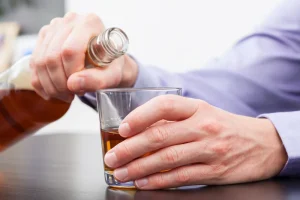
However, optimal nutrition is key to stopping alcohol cravings and improving our overall health. Here are a few nutrition-related changes that can keep pesky cravings at bay. However, it’s important to note that these medications aren’t magic. They work best in conjunction with other treatments, such as counseling. Moreover, they might have contraindications with other medications or medical conditions.
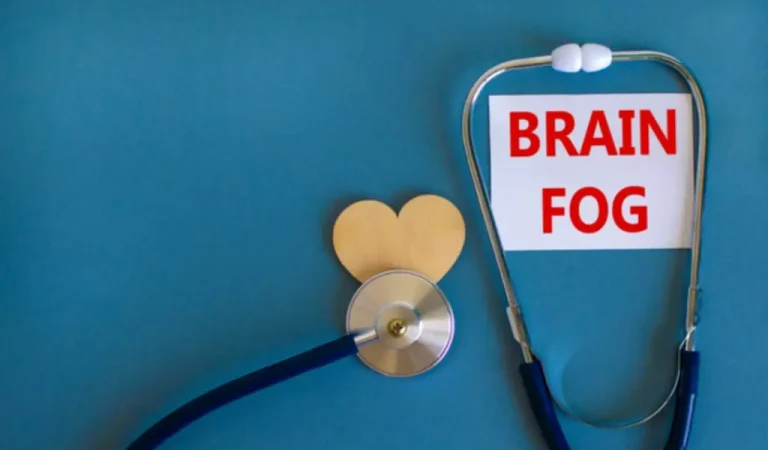
Over time, tolerance develops, requiring larger amounts to achieve the how to reduce alcohol cravings same effect, exacerbating dependence. Emotional challenges, such as guilt and denial, accompany addiction, making it difficult to seek help. Cravings can cause stress and discomfort for someone trying not to drink alcohol.
